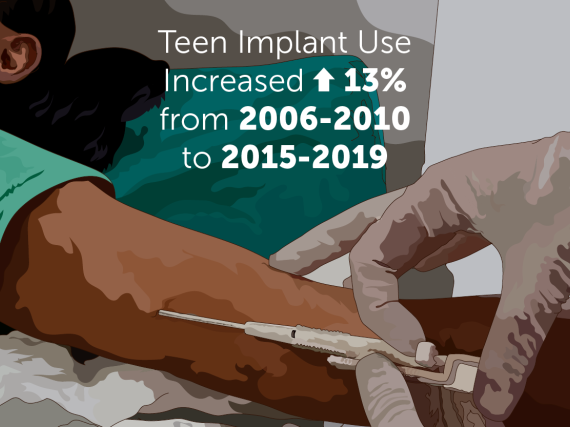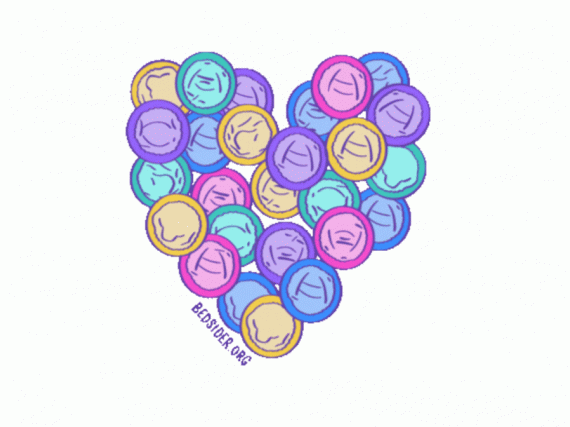The Need for Equity in Native Communities
American Indian and Alaska Native Heritage Month is a time to recognize Indigenous people for their rich and diverse cultures and the impact of those cultures in our society. In addition, we must also bring awareness to the disparities and challenges that persist for Native people’s health.
Today, there are nearly 5.2 million Indigenous people living in various parts of the country. Native people are not a homogeneous group and include a series of diverse communities with unique cultures and practices. In fact, while there are 574 federally recognized tribes additional tribal communities have not been recognized by the federal government. Unfortunately, Native people are often overlooked and underrepresented, especially in the area of health care.
It should be noted that there continues to be large health disparities across tribal groups. Native people have a life expectancy of 5.5 years less than any other race. Young Native people die by suicide at a rate of 2.5 times higher than any other group and the rates of cancer and chronic illnesses such as diabetes, liver disease, and cirrhosis are also much higher in Native populations. For Native people in particular, access to sexual and reproductive health care are impacted by socioeconomic factors, gaps in educational attainment, inadequate access to quality health care, and racism.
Today, much work is to be done to improve access to the full spectrum of contraceptive options so that all Native people have the power to decide their future. However, addressing community health disparities must require an effort to reconnect to traditional culture. Further, we must better fund essential aspects of Indigenous health care. Native-led groups are already doing this important and difficult work. Here are six groups across the country we could look to for guidance on these important issues:
- Native Voices Rising
- Dream of Wild Health
- Wabanaki Women’s Coalition
- Naya Family Center
- Montana Two Spirit Society
- Nibezun
We are committed to ensuring all young people have the power to decide if, when, and under what circumstances to get pregnant and have a child. As such, our efforts extend far beyond November. Our work is a year-round community effort to provide trusted, resonant and evidence-based information that allows all young people representing every background to make informed decisions which will allow them to live their best lives.



